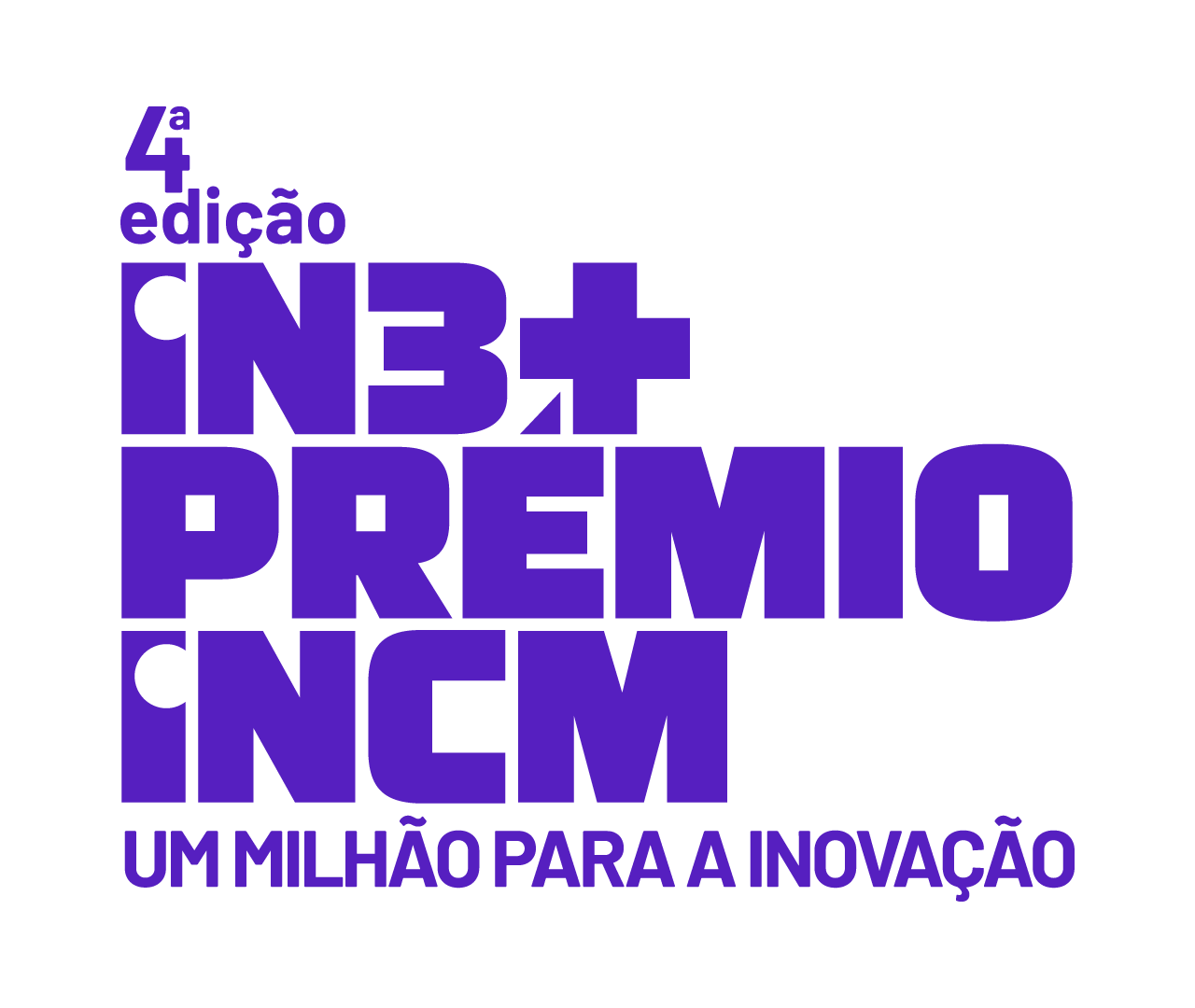MOBA
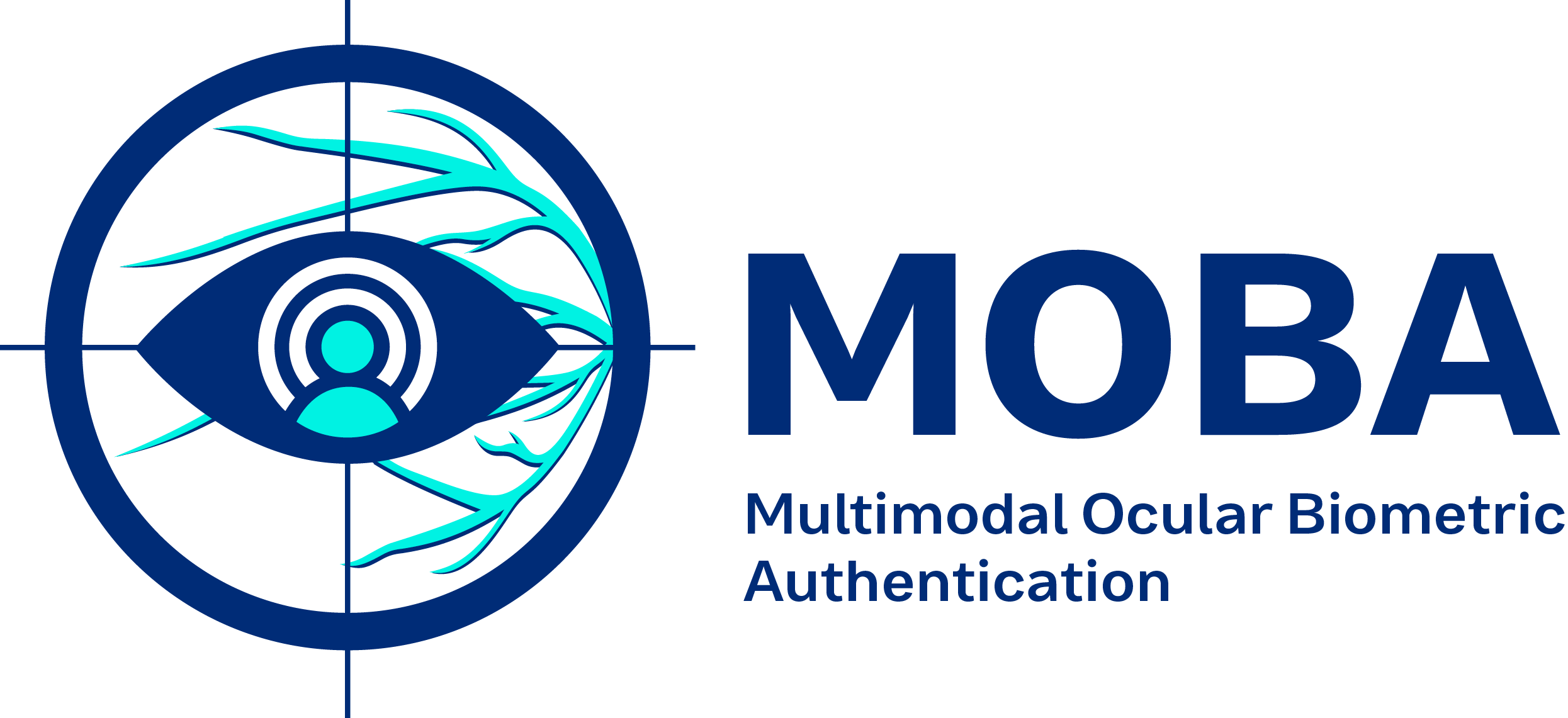
The biometric information to be used is the iris pattern, the retina structure with stochastic patterns generated by blood vessels and the pupillary luminous reflex (related to pupil contraction). This approach is the first known solution that integrates these three biometric variables.
The method is based on smartphones that will be coupled to an external device, already developed by the project team, and that proved capable of acquiring stable images of the human eye, necessary for the correct authentication of persons.
Promoting Team
led by Dr. Filipe Soares, is composed of:
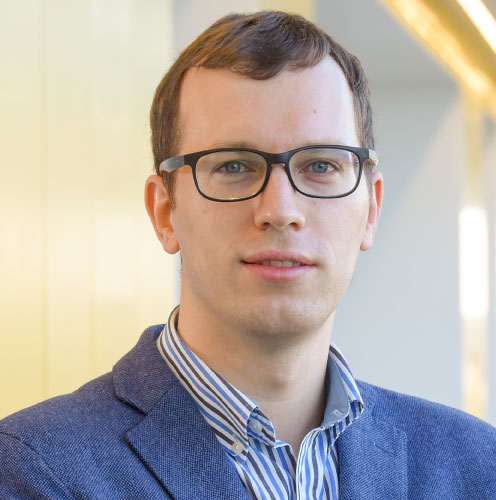
Filipe Soares
is a PhD Senior Scientist, expert in computer vision and intelligent systems applied to Healthcare, Agriculture, and Retail. He is an awarded innovation engineer, who’s never afraid of a big challenge, with the ability of learning new concepts quickly, anticipate problems, find solutions and coach team members with passion. Recently, Filipe has been more focused in entrepreneurship and AI-based software lifecycle processes and quality requirements for standardization.
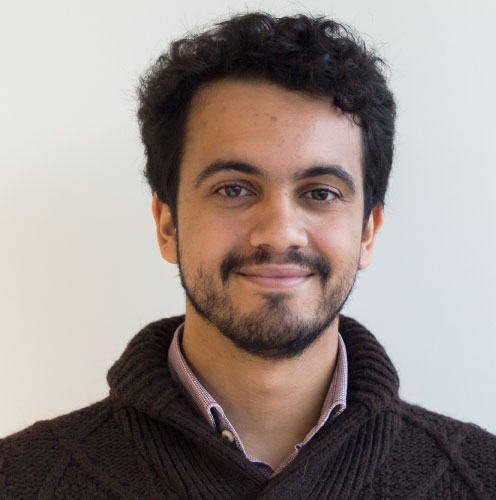
Ricardo Leonardo
is a MSc in Biomedical Engineering at Faculty of Sciences of NOVA University of Lisbon (FCT-NOVA), where he exceled at computer vision and signal processing. He started collaborating with Fraunhofer AICOS in 2017, focused on applying machine learning to low quality sound signals, to infer the location of devices in indoor settings from background noise. Ricardo continued his research working on indoor positioning solutions based on pervasive data sources, namely inertial data, sound, RF signals and geomagnetism. He has experience working with data fusion and deep learning applied to image quality, enhancement, and synthesis, namely with retinal images for explainable Computer Aided Diagnosis.
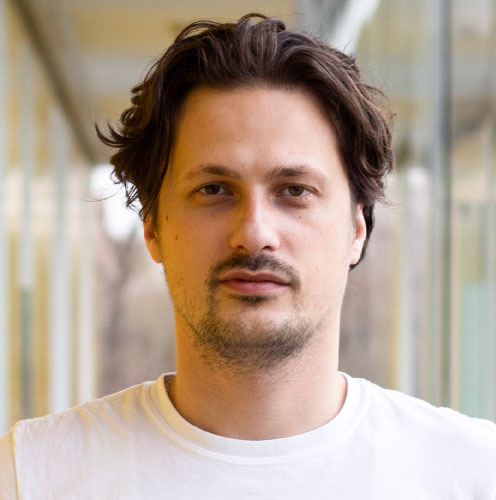
Tudor Nedelcu
is a Senior Researcher of the Intelligent Systems group at Fraunhofer Portugal AICOS, PhD in Computer Vision from National University of Ireland Galway and the company Xperi Corporation as partner. He started applying computer vision techniques since pursuing his bachelor’s degree and continue further through the MSc and PhD. He has applied deep learning techniques since 2016, focusing on academic results, and on industry performance to solve real-world challenges. Tudor has experience in iris and pupil analysis, data augmentation, and image processing.
Project image:
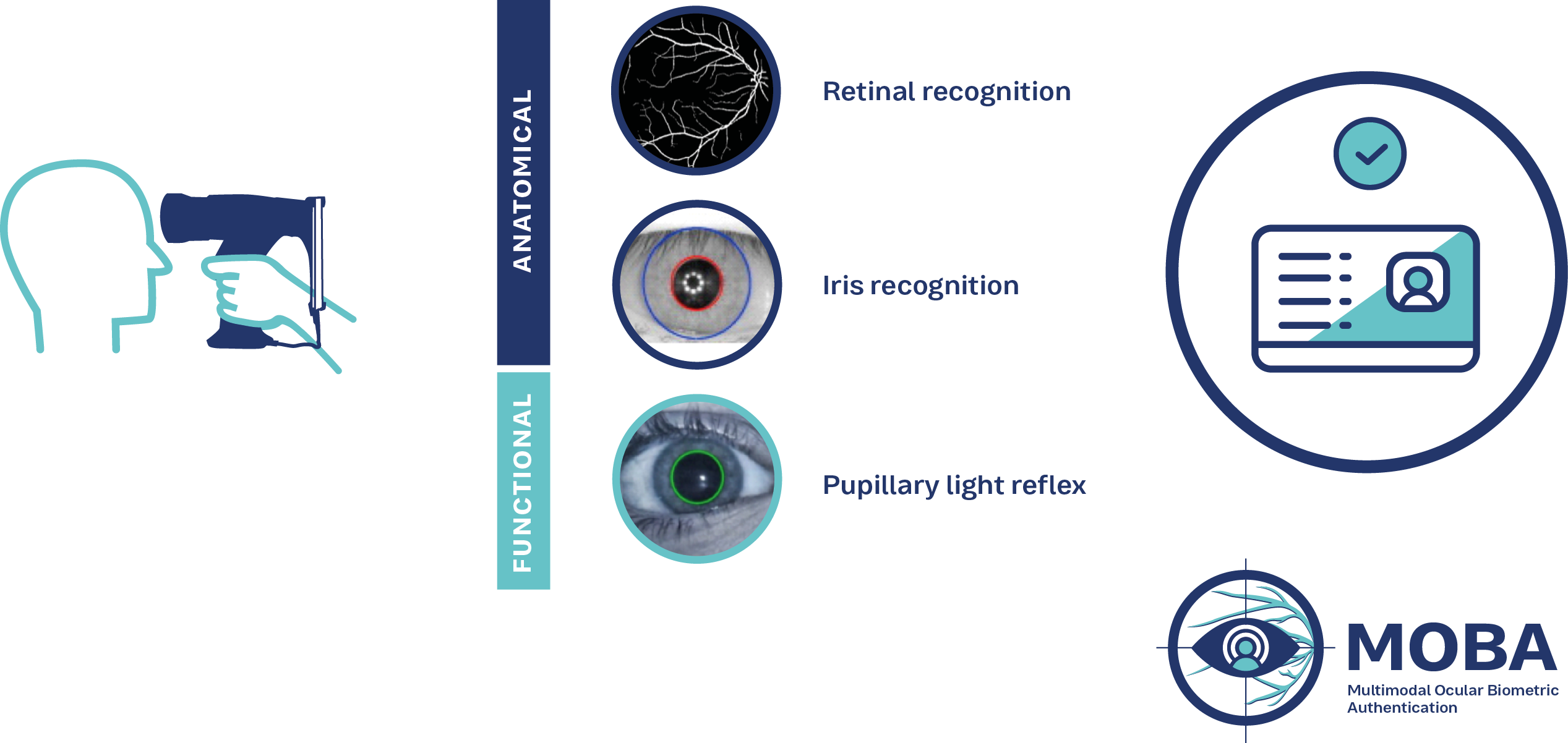
Promoting Entity
in which the research team is inserted:
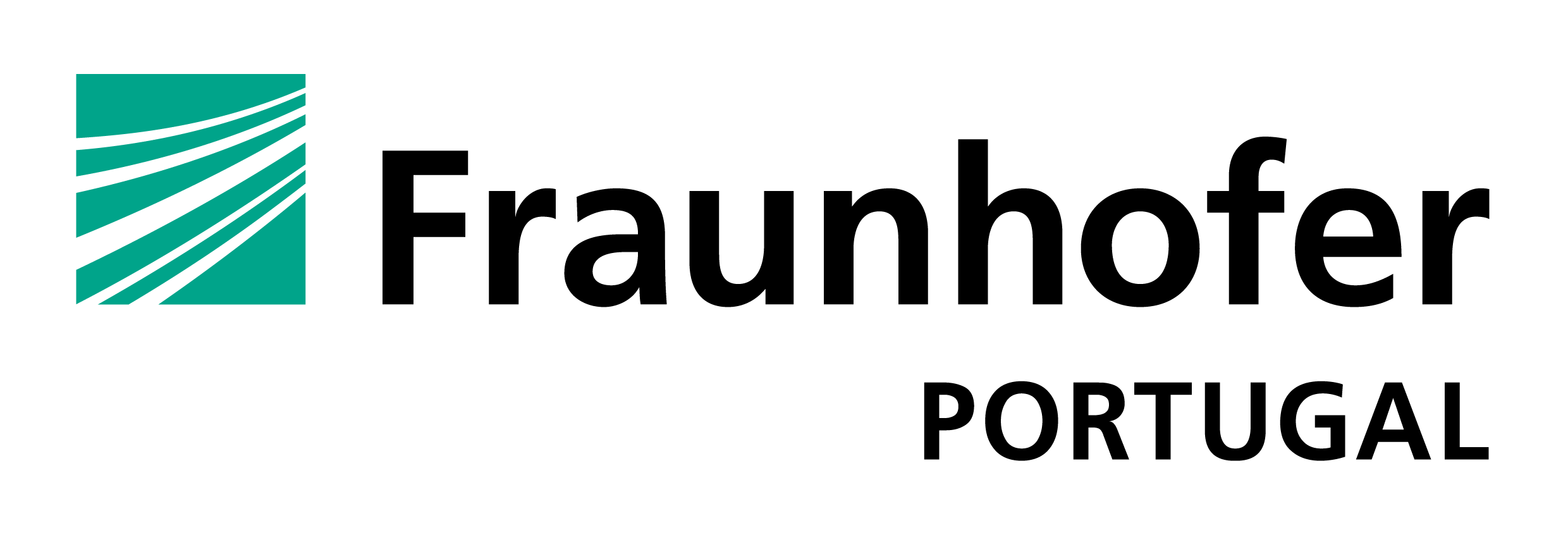
Fraunhofer Portugal’s mission to undertake applied research of direct utility to private and public enterprises and of wide benefit to society, currently materializes itself through the Fraunhofer Portugal Research Center for Assistive Information and Communication Solutions (FhP-AICOS), located in Porto and born in 2009 following a partnership between the Fraunhofer Society (Fraunhofer Gesellschaft), the Foundation for Science and Technology and the University of Porto.
With a team of over 80 hired researchers and a client portfolio from a broad range of areas, such as health, agriculture, retail or energy, FhP-AICOS has consolidated competences in Human-Centered Design, Artificial Intelligence and Cyber-Physical Systems.
User analysis in their environments, computer vision, cognitive and decision support systems, and the internet of things are some of AICOS’ fields of study. Focused on applied research and its clients’ success, AICOS develops innovative, intuitive, accessible and ubiquitous technological solutions, with cognitive connected solutions, living and ageing with data, accountable artificial intelligence and decentralised health technology. FhP-AICOS’ track record in institutional and commercial collaborations has built a wide network of partners. Since 2009, it has been involved in 10 European projects and established partnerships with over 150 organizations in 31 countries.
